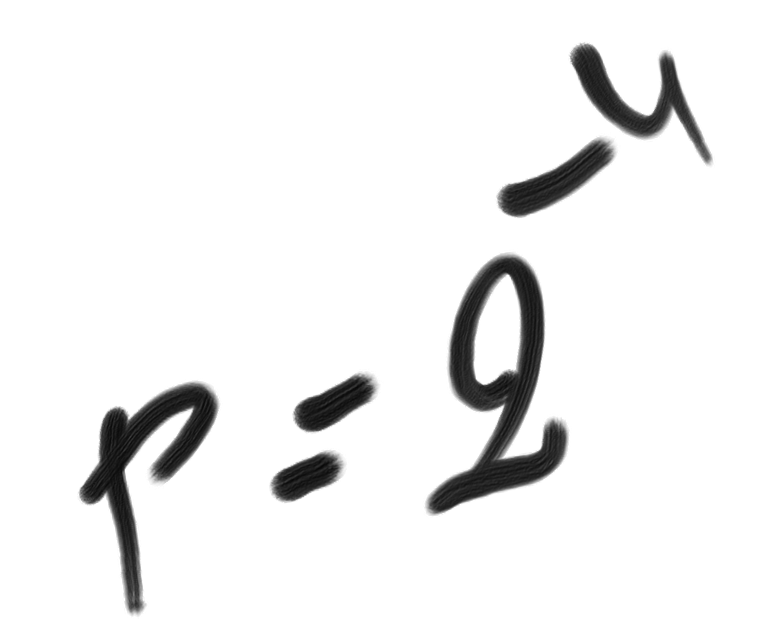SimplicityTheory |
 |
Simplicity, Complexity, Unexpectedness, Cognition, Probability, Information
by Jean-Louis Dessalles (created 31 December 2008, updated March 2020)
The running nuns (departure from norm)
Situations that depart from norm are unexpected. |
 In May 2004, while I was jogging, I met two nuns who were running on the jogging trail, not far from the convent. I couldn’t help telling the event when back home.
In May 2004, while I was jogging, I met two nuns who were running on the jogging trail, not far from the convent. I couldn’t help telling the event when back home.
How much is such a situation or event unexpected? By definition, unexpectedness U is the difference between generation complexity and description complexity: Cw – C. Let’s compute both terms.
Generation complexity Cw
Situations that depart from norm shouldn’t have happened. But nothing is impossible to the "world-machine". One only needs a causal story (for instance the two nuns got suddenly mad; or they are obeying some order given to them by some saint; ...) The generation complexity Cw of a situation s amounts to the complexity of the simplest causal story H that explains how s could happen.
Cw(s) = Cw(H)
Description complexity C
A conceptual feature f (here the fact that the nuns are running) may be used as the best way to discriminate s in its class r (here, r may be the class of nuns). Therefore:
C(s) = C(r) + C(f) + C(s|r&f)
Here, C(f|r) = C(f), as ‘running’ is not related to the concept of ‘nun’. If s can be considered unique in its class, then C(s|r&f) = 0.Finally:
U(s) = Cw(H) – C(f) – C(r)
The corrective terms C(f) and C(r) account for the fact that departures from norm may somtimes concern only specialists. For the layperson, these two complexities are large and cancel out the generation complexity term. For instance, seeing a nun holding a rosary with an extra bead may be highly relevant to a priest, but remain a boring fact to an average individual.
Bibliography
Dessalles, J.-L. (2007). Spontaneous assessment of complexity in the selection of events. Technical Report ParisTech-ENST 2007D011.
Dessalles, J-L. (2008). La pertinence et ses origines cognitives - Nouvelles théories. Paris: Hermes-Science Publications.
Dimulescu, A. & Dessalles, J-L. (2009). Understanding narrative interest: Some evidence on the role of unexpectedness. In N. A. Taatgen & H. van Rijn (Eds.), Proceedings of the 31st Annual Conference of the Cognitive Science Society, 1734-1739. Amsterdam, NL: Cognitive Science Society.
Saillenfest, A. & Dessalles, J-L. (2015). Some probability judgments may rely on complexity assessments. Proceedings of the 37th Annual Conference of the Cognitive Science Society, to appear. Austin, TX: Cognitive Science Society.
![]()